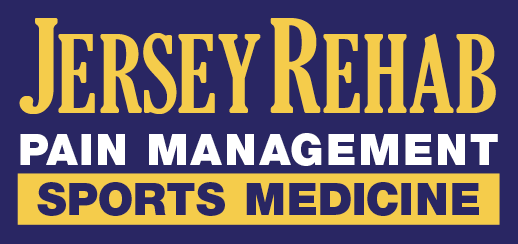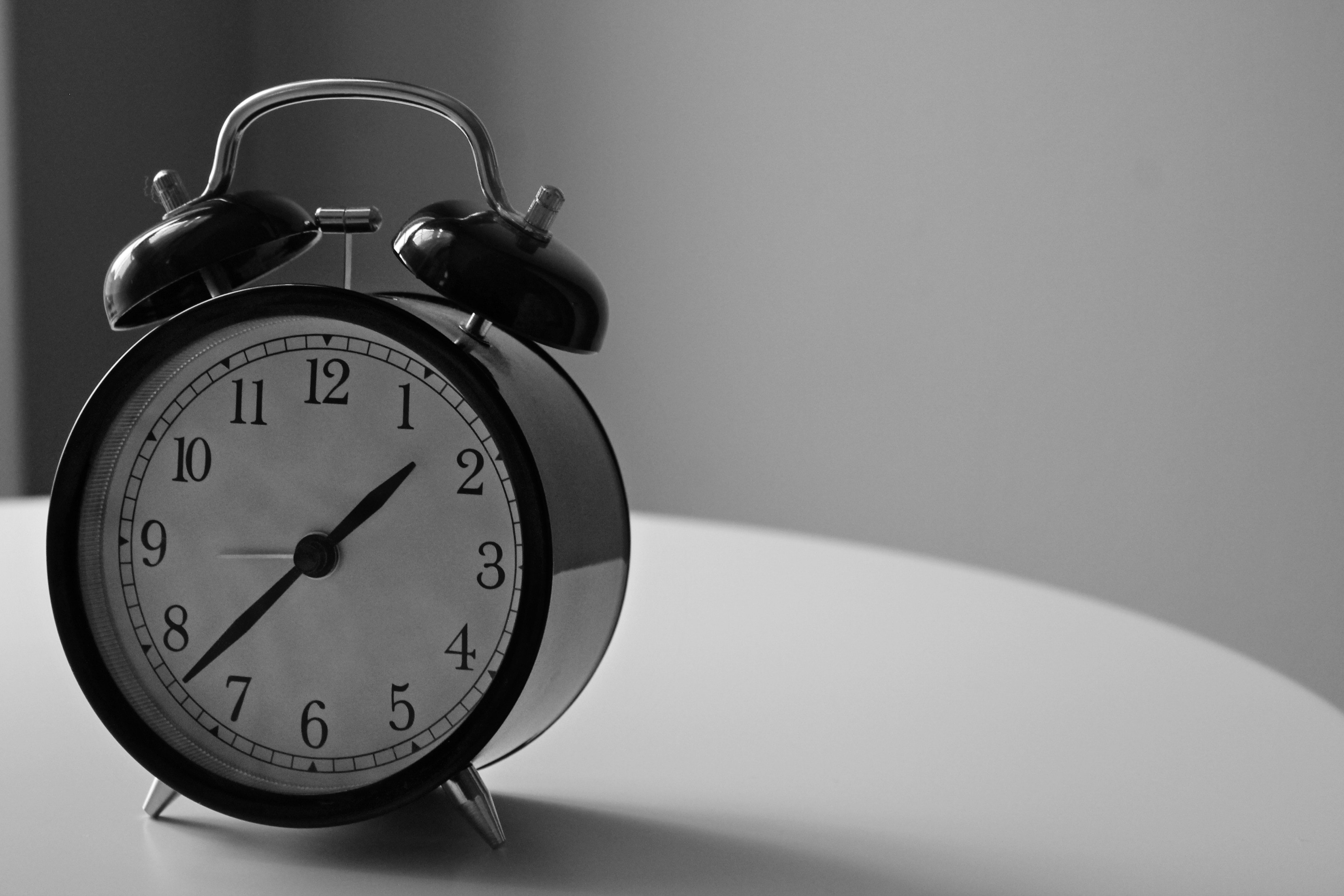Here is How Insomnia and Pain are Linked Together
People who suffer from chronic pain often find that they have trouble sleeping. This is not a coincidence, as pain is the number one cause of insomnia. Insomnia includes all types of sleeping problems such as difficulty falling asleep, difficulty staying asleep and waking up earlier than expected.
Unfortunately, when a person doesn’t get a good night’s rest, it can worsen pain levels. Sleep and pain are connected, so the less a person sleeps, the worse their pain can be. It’s a vicious cycle that can be hard to stop.
If you have been caught in this cycle, there are ways to decrease pain and promote restful sleep. We’ll explain how insomnia and pain are linked together and ways to break the cycle.
Why Pain and Insomnia are Interrelated
We know that pain and sleep are connected, but how they are connected varies between people. Is the pain making it difficult to sleep, or is the lack of sleep making the pain feel worse? It’s different for everyone.
Here are specific ways that pain can interfere with a healthy sleep schedule.
- Trouble falling asleep. In order to fall asleep, you must eliminate all distractions. You may dim the lights, turn off the TV and shut off your phone. However, you can’t just turn your pain off. If your brain is focused on the pain, it’s difficult to fall asleep. The longer sleep is delayed, the more frustrating the process becomes.
- Problems staying asleep. Chronic pain sufferers often complain of not being able to stay asleep. If you have pain that wakes you up throughout the night, you’re getting less deep sleep and less efficient sleep. Without deep sleep and REM sleep, your body doesn’t have a chance to restore itself.
- Waking up earlier than expected. If you can’t sleep well, it’s normal to get frustrated and start your day earlier than you wanted to. This probably gets your day off to a poor start because you are tired and unrefreshed. When you’re not well-rested, you’re more likely to get sick, feel depressed and experience a lower pain tolerance.
Supporting Healthy Sleep Habits When Living in Pain
Everyone responds differently to chronic pain and persistent pain. The best approach to dealing with insomnia and pain is to find what comes first. Is the pain stopping you from falling asleep, or is the lack of sleep worsening your pain?
Here are some of the best approaches to promote restorative sleep when you live in continuous pain:
- Lifestyle changes. The National Sleep Foundation suggests a number of sleeping tips and tricks that include sticking to a schedule, practicing a relaxing bedtime routine, exercising daily and creating a relaxing bedroom.
- Psychological techniques. Meditation, cognitive behavior therapy and deep breathing can reduce pain and promote sleep. These exercises are most effective when used to categorize feelings of pain and stress in the body.
- Sleep medications. It’s best to avoid medications because some can be habit forming. However, some sleep medications may be used for a short-term to get you started on a better schedule.
Pain and sleep go hand in hand, and it’s difficult to fix one without fixing the other. Working with a pain management clinic can be helpful, as you can work on promoting a healthy sleep schedule while more effectively managing pain. To schedule an appointment with Jersey Rehab and Pain Management, contact us today at one of our four locations.

